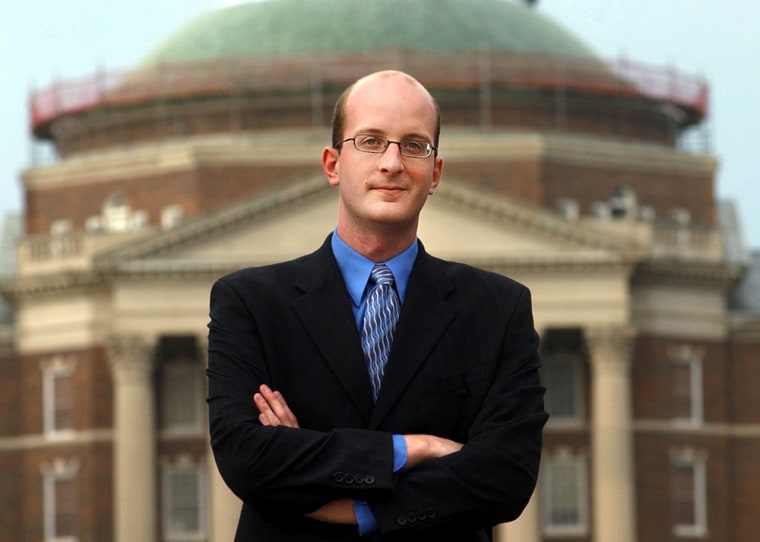As a junior at Southern Methodist University, Wade McDonald figured out he wanted to start his own video production business after graduation.
But there was a wrinkle in McDonald's plan. He was clueless about even the most basic elements of running a business. After all, he was a cinema-television major, not an MBA student.
"I was rapidly discovering that producing TV and video is largely business," McDonald said. "It's sales. It's face-to-face meetings. It's finance. I needed some business savvy."
McDonald signed up for a month-long summer crash course taught by SMU business professors and sprinkled with lectures from executives from major companies with nearby headquarters, such as movie-rental chain Blockbuster Inc. For six hours a day, he crammed lessons about marketing, accounting, finance, operations and business law.
The business boot camp, one of a handful like it across the country, aims to give liberal arts students a grounding in basic business concepts. It tries to make them better candidates for corporate jobs or starting their own business.
Dartmouth College pioneered the idea several years ago and its "business bridge program" is one of the largest. Vanderbilt University opened its program in late May.
Mike Sicard, faculty director of Vanderbilt's program, said the programs not only help students, they help future employers. Sicard — the former chief operating officer at Willis North America, a subsidiary of London-based insurance company Willis Group Holdings Ltd. — said employers are frustrated that even college graduates who know business theory lack problem-solving, teamwork and leadership skills.
"They can't figure out how to apply what they learned to a business situation," Sicard said. For many liberal arts students, he added, business terminology can sound like a foreign language.
Vanderbilt's program, whose students range from sophomores to recent graduates, will stress the importance of internships to gain practical business experience, Sicard said.
The crash courses come at a price. Stanford University charges $8,000 for four weeks, including dormitory living. Boarding and tuition are $7,500 at Vanderbilt and SMU. None offer college credit since the sampler courses are too short.
Parents who have paid the bills believe it's worth it.
Debbie Huddleston of San Diego sent her daughter, Ashley — who graduated from SMU with a degree in Spanish — to the school's business institute last summer.
This year, it's younger sister Lauren's turn. She will be an SMU senior in the fall pursuing a double major in Spanish and communications.
"I would rather they had majored in business, but math was not their strong point," Huddleston said. "A liberal arts background makes them well-rounded, but a lot more doors seem to open for kids who major in business."
Huddleston said the course — "Business for Dummies" as she called it — taught her older daughter how to read a balance sheet and ask better questions during job interviews. Ashley spent the year after graduation teaching English in Spain but returned to San Diego in May and is looking for work.
Frank Lloyd, SMU's associate dean of executive education, said professors are asked not to "dumb down" the courses and keep the pace lively for the program, which runs from June 5 to July 1.
"We try to treat them as if they are working professionals," he said. "These are achievement-oriented individuals."
Most of the institutes do not give grades and there are no final exams, but they typically wrap up with students working together in small groups to write a business plan or tackle some other assignment.
At Stanford, one of last year's groups proposed ways to better market the summer program. Videos and talking points added professional polish to the job.
"They had some excellent ideas that we actually used this year," said Gale Bitter, associate dean for executive education at the Stanford business school. The program expanded this year from 50 to 135 students from 23 countries.
At SMU, McDonald, the film major, credited the course with helping him land his first job at the J. Walter Thompson advertising agency.
He left nine months later to start Pointed Films Inc. in Dallas. He makes corporate videos and hopes someday to produce television documentaries.
"I filed my own incorporation papers, I do my own taxes, I do my own payroll," McDonald said. "I never thought I could do that."
